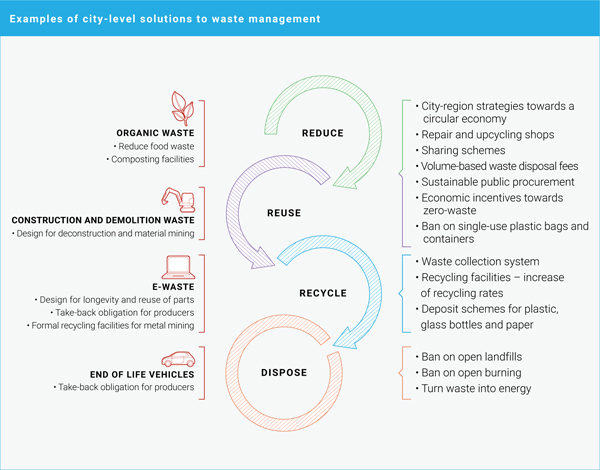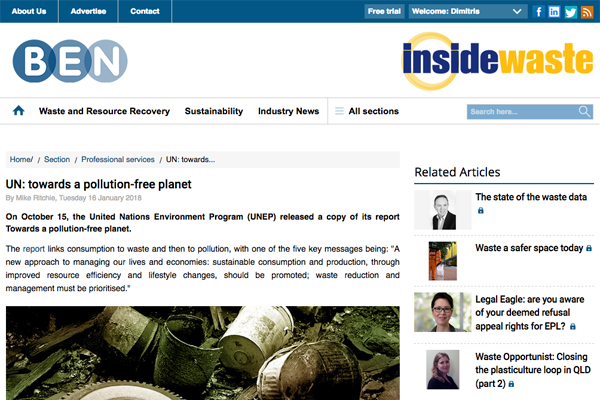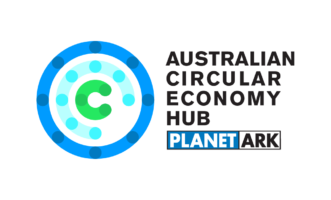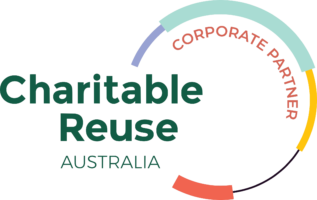UN towards a pollution-free planet
By Mike Ritchie, MRA Consulting Group
 On 15 October, the United Nations Environment Program (UNEP) released a copy of its report ‘Towards a pollution-free planet’.
On 15 October, the United Nations Environment Program (UNEP) released a copy of its report ‘Towards a pollution-free planet’.
The report links consumption to waste and then to pollution, with one of the five key messages being:
A new approach to managing our lives and economies: sustainable consumption and production, through improved resource efficiency and lifestyle changes, should be promoted; waste reduction and management must be prioritised.
The role for waste managers
The UNEP report makes clear the connection between waste and pollution. Waste management practices, in particular, are heavily implicated in marine and coastal pollution. Of the fifty policy options contained in the report, almost a third relate to the management of solid waste:
Table 1: UNEP Towards a pollution free planet policy options related to solid waste
| Prevent and reduce marine litter, including microplastics, and harmonize monitoring and assessment methodologies to facilitate the adoption of reduction targets | Extend product lives |
| Reduce or phase out the use of certain types of plastic (e.g. microbeads, packaging, single-use plastics) and promote their recovery | Reduce exposure to lead from battery recycling, pottery, ammunition, paint and contaminated sites |
| Develop efficient governance frameworks and strategies for the prevention and minimization of the generation of marine plastic litter, in particular from land-based sources, and make producers more responsible for the sustainable design, recovery, recycling and environmentally sound disposal of their products | Phase out mercury use in a number of specific products by 2020 and manufacturing processes by 2025, and phase down use in dental amalgams and mining |
| Establish waste collection systems in coastal areas and monitor programmes for marine litter to inform upstream interventions | Phase out the production and use of asbestos and ensure its sound disposal |
| Provide reliable and effective consumer information on the impacts of consumer products throughout their life cycles | Minimise the generation of waste, and improve its collection, separation, reuse, recycling, recovery and final disposal through policy frameworks and regulations at the national and subnational levels |
| Introduce eco-labelling schemes | Eliminate uncontrolled dumping and open burning of waste |
| Introduce producer responsibility schemes to collect, treat and safely recycle waste from production and consumption | Increase material and energy recovery of waste, including through recycling |
| Improve knowledge relating to chemicals in products throughout their life cycle (production, use, consumption and disposal) | Reduce food waste throughout value chains, including at the consumer level |
 Several relate to microplastics and marine litter. I have long been calling for national ban on microbeads. The Federal Government decided to enact a voluntary phase out over two years, with the outcomes to be reviewed in mid 2018. It could have taken a stronger line.
Several relate to microplastics and marine litter. I have long been calling for national ban on microbeads. The Federal Government decided to enact a voluntary phase out over two years, with the outcomes to be reviewed in mid 2018. It could have taken a stronger line.
Australia can also take action to resolve the estimated 8 million tonnes of marine litter that enters our oceans each year. As we wrote in May 2016, the vast majority of marine litter comes from five countries, all in our region. Australia can work with these countries to improve their waste management practices.
There are also policy options to reduce the amount of waste produced, and to recover materials from that waste.
The role of the city
The report makes clear the significant role that cities play in the move towards a pollution free planet. A concentration of emission sources and population means that pollution is most acute in cities, however cities also have the density efficiencies and economies of scale to implement solutions.
This role is made clear in the figure below from the report, which shows examples of city-level solutions to waste management. None of the elements in the figure should come as a surprise to readers of Tipping Point: this sort of policy integration is central to our thinking.

Cities (be they capital cities or major towns) can and should deal with their own waste locally, using it to create local jobs and economic benefit. We must continue to develop the infrastructure that will recover materials from waste. We also need to put in place robust product responsibility schemes at a national level, but flowing through in their implementation at the State level.
The path to a pollution free planet
I believe that we can create a pollution free planet. We can also do so in a way that eliminates global poverty, and provides everybody with a better life. We have the technology, the resources. Where we fall short is in our beliefs, values and social institutions. It’s not a question of whether we can. It’s a question of whether we will.
Doing better with waste delivers on so many far-reaching objectives. It lets us live within the planet’s means, create jobs and reduce poverty. Waste brings together so many other issues, and is the obvious place to focus our attention.
A pollution free planet can also be a planet where people live well. This is where our sector needs to show leadership to our Governments, and our Governments need to show leadership for our society.
As always, I welcome your input on this, or any other topic on ‘The Tipping Point’.
This article has been published by the following media outlets:




